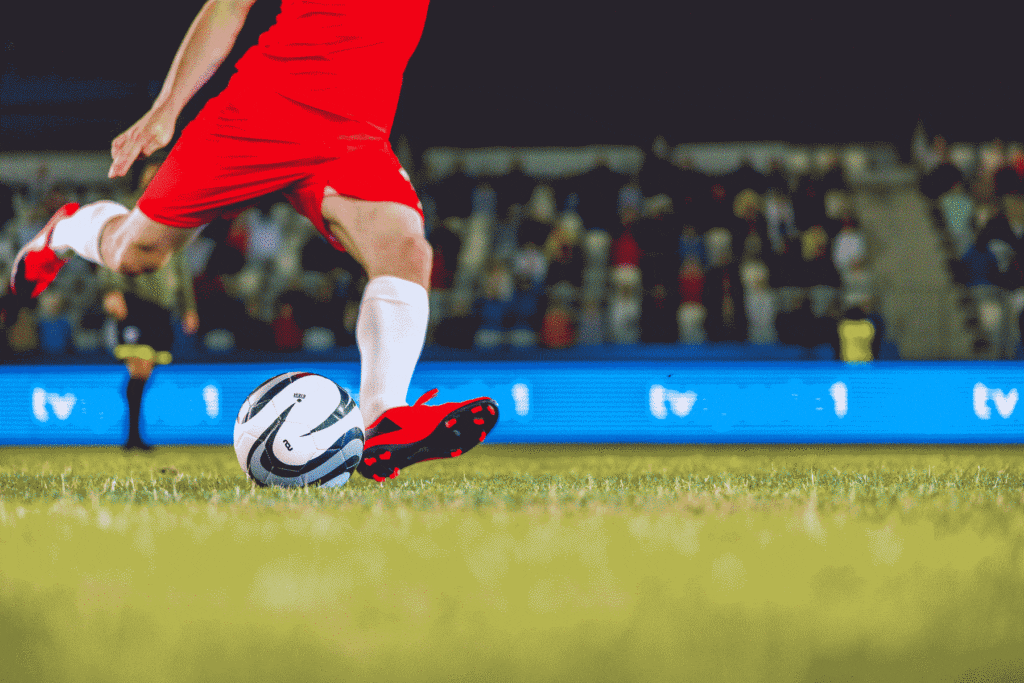Authors
DKH Retail Ltd -v- City Football Group Ltd [2024] EWHC 3231 (Ch)
This time, surprisingly perhaps[1], the loss didn’t come on the field.
In the first case of its kind, the High Court ordered Super Dry and Man City to mediate their intellectual property infringement dispute despite Man City asserting that “mediation will fail”[2].
The Court deployed powers in the recently amended Civil Procedure Rules concerning compulsory mediation, inserted into the Rules as a direct consequence the Court of Appeal’s judgment in Churchill[3].
The facts
Super Dry and leading Japanese beer brand, Asahi, have a history of legal skirmishes. Asahi introduced its “Super Dry” beer in 1987, 16 years before the clothing brand was established, but in 2004 Super Dry (the clothing company) was able to secure the “Super Dry” trade mark in relation to clothing despite opposition from Asahi.
Subsequently, in December 2023, British clothing brand Super Dry, filed trade mark infringement/passing off proceedings objecting to Man City’s use of the phrase Super “Dry” following City’s sponsorship deal with the beer manufacturer.
Super Dry alleged that the promotional branding on City players’ kit, which read Super “Dry” Asahi 0.0% was likely to confuse the public into believing that City were in fact sponsored by Super Dry, the clothing brand. Mr Dunkerton, co-founder of Super Dry, confirmed in the recent proceedings that the company had even received abuse because of confusion surrounding the (false) association.
The mediation application
A pre-trial review occurred on 21 November 2024 during which Super Dry applied for an order that the court compel the parties to mediate. Man City objected to the application on the following grounds:
- The court should only order mediation where there is a realistic prospect that it will succeed. Counsel for Man City, Mr Michael Silverleaf KC, submitted that mediation was not realistically likely to lead to settlement;
- That it was too late for the court to order mediation given the stage of proceedings (the parties were substantially ready for trial) and the application should have been made before the pre-trial review;
- Man City is entitled to a Court determination concerning whether it is permitted to use the Asahi branding on its football kit and other clothing, which mediation could not achieve.
The decision
Disagreeing with Man City, the Judge ordered compulsory mediation reasoning that whilst there is some merit in Man City’s position, mediation “is capable of cracking even the hardest of nuts” and the range of settlement options open to the parties at mediation “goes beyond the binary answer a court could provide”.
The Judge agreed with Super Dry’s submissions that at mediation the parties could explore options unavailable to the Court, such as, the form and size of the logo, placement of the logo, payment of money and the timing of the changes.
In a satisfying turn of events for the Court, the case settled following mediation.
What this means for you?
The case is important both for claimants and defendants because even when the other side is “hell bent” on having its day in court, you have an option to force a more reasoned approach through mediation. Obviously, mediation is a voluntary process without any guarantees of a settlement being reached but as proved to be the case here, despite Man City’s protestations, the case did settle.
[1] Given Man City’s recent form… Full disclosure, the author is an Arsenal fan.
[2] Spoiler alert: mediation didn’t fail.
[3] See Churchill v Merthyr Tydfil County Borough Council [2023] EWCA Civ 1416 where the Court of Appeal determined that the Courts have the power to order unwilling parties to engage in Alternative Dispute Resolution.


